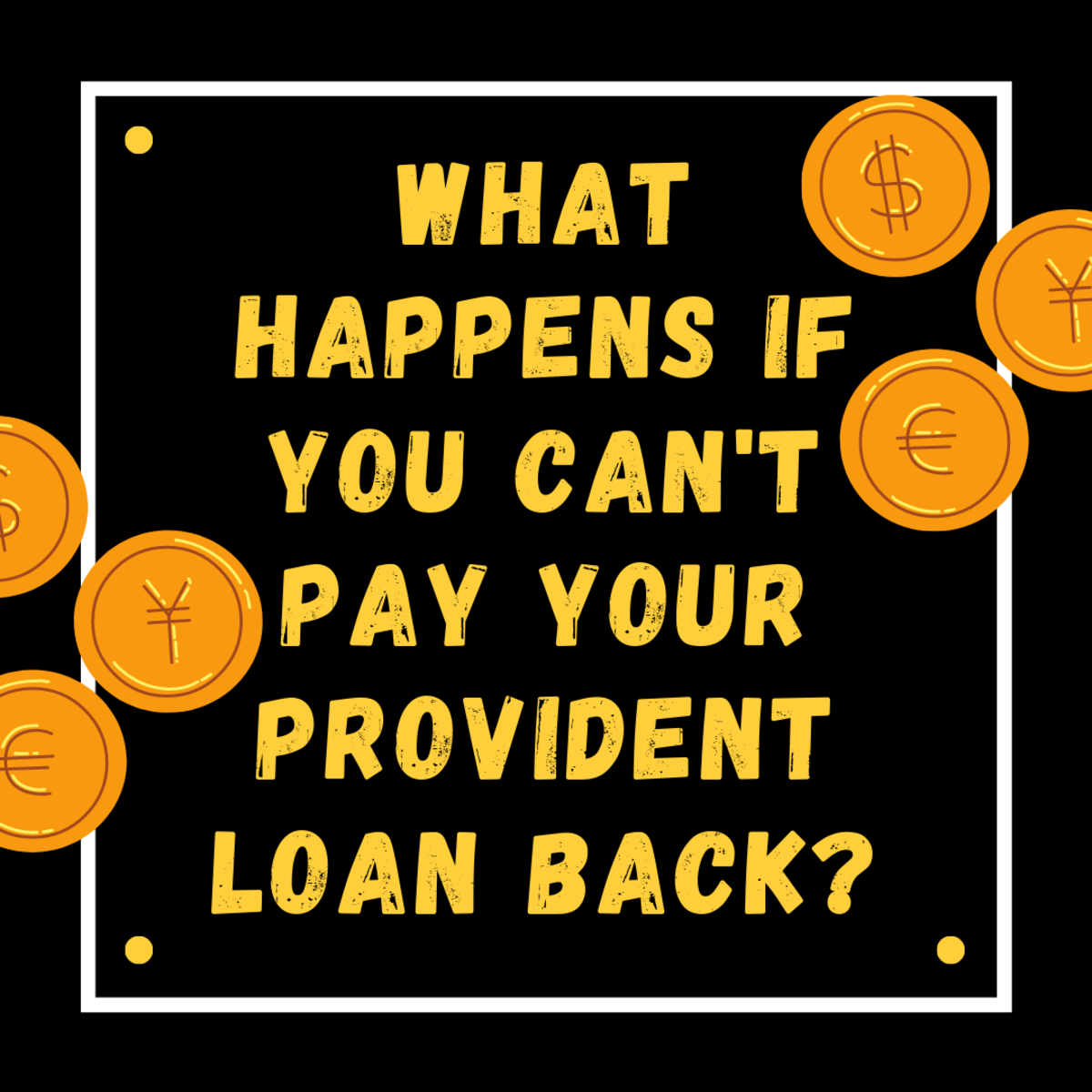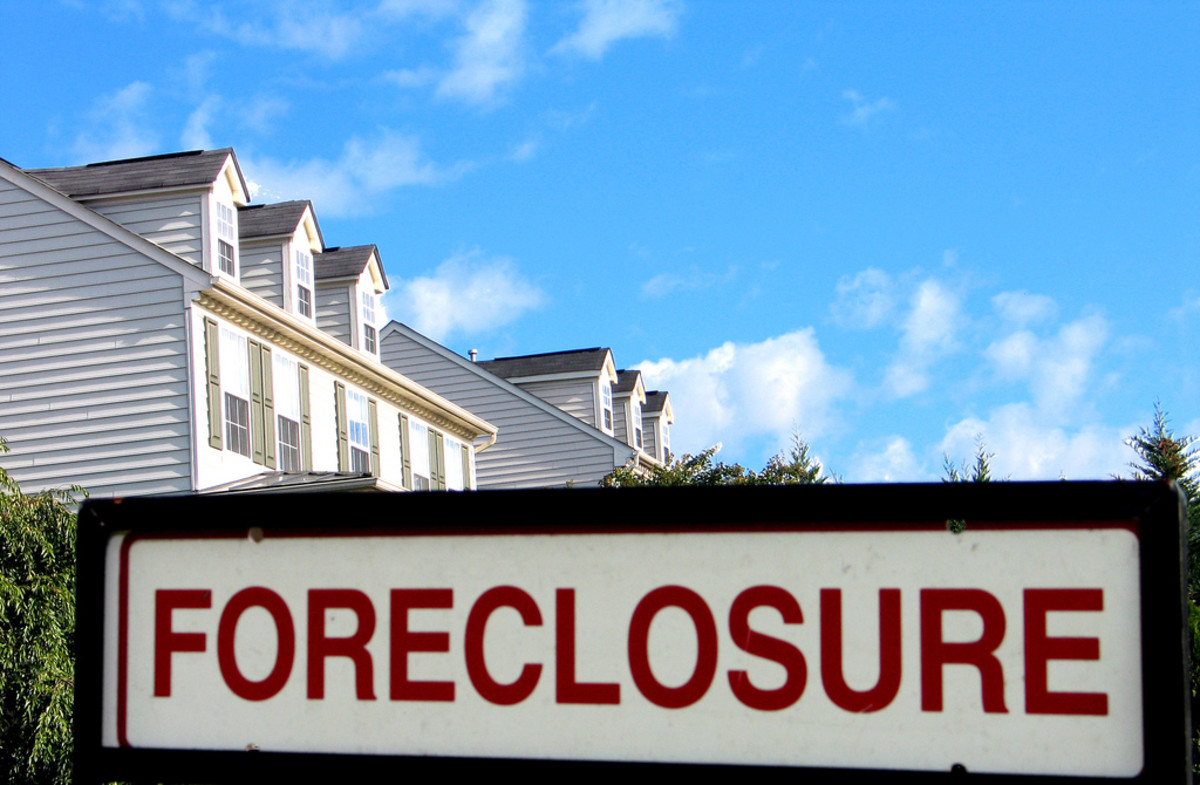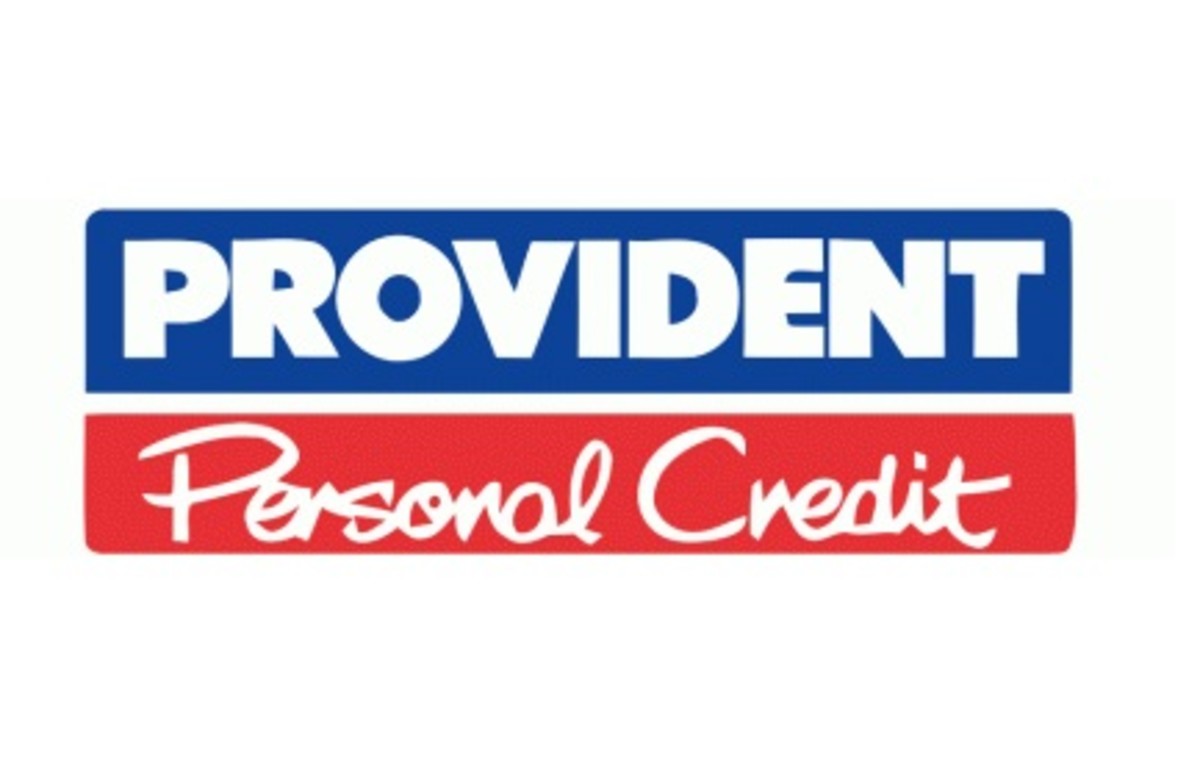Should You Get A Reverse Mortgage?

Reverse Mortgage Loans -- What Are They?
You've likely seen Robert Wagner, Henry Winkler or Fred Thompson in television commercials extolling the virtues of reverse mortgage loans. Although reverse mortgages originated in the United States in the early 1960s, their popularity -- and notoriety -- is a 21st century occurrence. Even so, there are many people who are unsure just what a reverse mortgage is.
Unlike a traditional loan where a lender lets you borrow a certain sum of money that you repay monthly with interest, a reverse mortgage loan pays you money based on the equity you have in your home that generally does not have to be repaid as long as you are living in your home, sell the home, the home is no longer your primary residence or at your death.
Some types of reverse mortgage loans have no income restrictions for eligibility and most proceeds from the reverse mortgage are not subject to taxation.
You'll want to note the use of the words "generally," "some" and "most" in the text above to understand that any reverse mortgage for which you apply would have to be checked to ascertain if these conditions are met in that loan. You may want to have a lawyer or accountant review the reverse mortgage application with you to answer any questions or concerns you may have.

Suze Orman: What Is a Reverse Mortgage Loan?
Why Get a Reverse Mortgage?
Why would anyone consider getting a reverse mortgage loan in the first place? The answers are as varied as individual circumstances dictate. In general, older adults consider reverse mortgages to:
- Free up money from a monthly mortgage (a reverse mortgage pays off the remainder of an existing mortgage)
- Obtain money for needed repairs or home improvements such as making a home handicap accessible, a new roof, or addition to the home for a family member live-in
- To obtain additional income each month to help pay bills, health care costs, or life enjoyment
- Lump sum reverse mortgage loans, where the borrower receives a large front-end payment of the home's equity may be used to pay off existing debts, placed in investments or savings accounts, or to take the dream vacation of a lifetime
Learn the Risks of Reverse Mortgages
Ways to Repay Reverse Mortgage Lender
Life is unpredictable. There may be circumstances where the reverse mortgage holder or his/her heirs may want to repay the reverse mortgage loan. These are some options:
- Refinance the reverse mortgage with a traditional mortgage loan
- Include the reverse mortgage in a Chapter 13 bankruptcy, it can then be paid off over five years
- Refinance the reverse mortgage with another reverse mortgage
Individual circumstances will determine which, if any, of these options make sense in your particular situation.
Potential Pitfalls of Reverse Mortgages
Before you seriously consider obtaining a reverse mortgage, there are some issues you may want to think about:
- How important is it to you and your spouse that you're able to live in your home for the rest of your lives?
- Will the equity you have in your home provide the type of income you need to be able to stay in your home and pay all costs associated with home ownership?
- If you are still making mortgage payments, will having those payments "disappear" make a significant impact in your monthly budget and/or quality of life?
- Is it important to you to be able to leave your home to a family member or members?
- Is obtaining a reverse mortgage loan something you have to do, or want to do?
There are no right or wrong answers to these issues, but they may help you make a more informed decision about choosing to seek a reverse mortgage.
Reverse Mortgage Counseling Is Required
Reverse mortgage counseling is required for anyone who is seeking a federally-insured reverse mortgage -- a Home Equity Conversion Mortgage, HECM -- and also by some privately-owned reverse mortgage lenders. The counseling must be obtained through an independent government-approved reverse mortgage counseling agency.
The purpose of the counseling prior to obtaining a reverse mortgage loan is so the potential borrowers have an opportunity to learn about the reverse loan mortgage process, associated costs, and have terms explained and questions answered by someone well-versed in reverse mortgage knowledge but has nothing to gain or lose by your decision to take out or not take out a reverse mortgage.
The usual fee is $125. The payment for the counseling can be taken from the reverse mortgage loan, if you choose to get one, or you can pay for the counseling yourself. If you are unable to pay, you cannot be turned down for this counseling.
To find approved reverse mortgage counselors in your area, visit the Housing and Urban Development site here.
Need More Information on Reverse Mortgage Loans?
- Top Ten Things to Know About Reverse Mortgages
Reverse mortgage information from the U.S. Department of Housing and Urban Development - Reverse Mortgages | Consumer Information
Consumer information on reverse mortgages by the U.S. Federal Trade Commission - The Pros and Cons of a Reverse Mortgage
- Reverse Mortgage For Seniors
- Reverse Mortgages And Why You Should Think Twice
Reverse mortgages have become a fairly decent way to get what you need in the later years. Still, there are some very serious considerations to be clear about before you dive in and do it. Come read up about reverse mortgages today and see if you can









